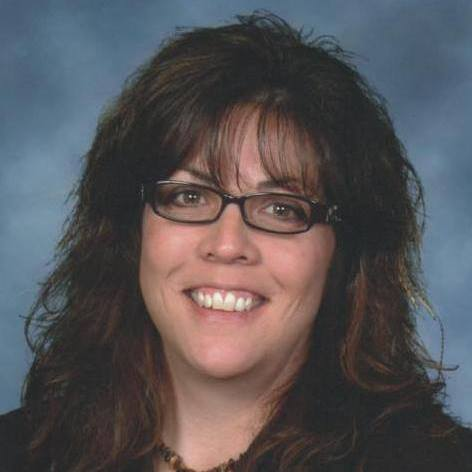
Reading mission statements of school districts all over America, I find a universal educational purpose they seek to attain: To equip students with the skills necessary to reach their maximum potential in becoming self-sufficient, contributing members of a global society.
Depending upon the characteristics of the community in which the school district lies, the experiences provided to students to accomplish these goals can differ greatly. Such experiences must be organized effectively to match the social characteristics within the community it serves. Coupled with this, the influence of an educator’s own learning experiences can sometimes influence their view of diversity in the classroom. The advantages of such diversity can inadvertently be overlooked when creating a meaningful curriculum.
Educators must be cognizant of these factors in order to utilize the resources they have in a way that will help prepare students for a world where opportunities for success require the ability to compete and cooperate on a global scale.
To combat these challenges, educational leaders must provide an environment where teachers work as a collaborative professional learning community; where they are allowed to think outside of the box to create valuable connections with the world that enrich the lives of their students.
Grant Wiggins and Jay McTighe in their book entitled, Schooling by Design, describe transfer of learning as the practice of “…learning the (self) discipline that permits prior learning to be effectively activated and used in new meaningful situations” (p.48). Heidi Hayes Jacobs (2010), in her book entitled Curriculum 21, has compiled articles written by experts in the field of education. In chapter 13, Arthur L. Costa and Bena Kallick describe learning processes they refer to as “Habits of Mind”. Habits of Mind are “…dispositions or attitudes that reflect the necessary skillful behaviors that students will need to practice as they become more thoughtful in their learning and in their lives” (p.212). They list 16 vital habits they have identified to be the most important to possess to be successful in school, work, and life. The majority of the vital habits involve reflection. Therefore, when students understand that prior knowledge obtained can be used to solve more complex problems and helps in the analysis of new situations encountered throughout their life; they have developed an understanding of transfer of learning and created habits of mind.
I believe that transfer of learning and key habits of mind are taught effectively through classes such as auto shop, wood shop, the arts, and home economics. Transfer of knowledge is the base of these hands-on, kinesthetic classes. As art teachers, we naturally promote transfer of learning and habits of mind through supervising student work on drama production sets, marching band props, homecoming activities, and painting murals in the building. We are conscious of cross-curricular, discipline-based art education that involves communication with other teachers and forming units consisting of projects that involve concepts being taught in their classrooms.
We provide students with real-life challenges, to which they must analyze and solve problems using mathematical reasoning and writing skills by communicating and working together in group collaboration. The arts, by nature, provide rich authentic experiences. Through creating a curriculum rich with exciting real-life experiences, we contribute to helping to solve today’s challenges.
Are you guiding reflection in your arts discipline? Search the MAEIA assessment items with key words. Or start here:
M.E103 Reflection on a Group Performance
T.E418 Performance Self-Evaluation
This post was originally published in the MAEA spring newsletter and appears here with permission by the author.
REFERENCES
Wiggins, Grant and McTighe, Jay (2007). Schooling by Design: Mission, Action, and Achievement. Alexandria, Virginia: Association for Supervision and Curriculum Development.
Hayes Jacobs, Heidi (2010). Curriculum 21: Essential Education for a Changing World. Alexandria, Virginia: Association for Supervision and Curriculum Development.
Click here for a Printer friendly version of this article.

Leave a Reply
You must be logged in to post a comment. Don't have an account? Register Here.